NATO Phonetic Alphabet Book: S-T


Labels: "art", clever ideas, design, education, fun, media, organization, projects
ideas, household hacks, projects, things.


Labels: "art", clever ideas, design, education, fun, media, organization, projects
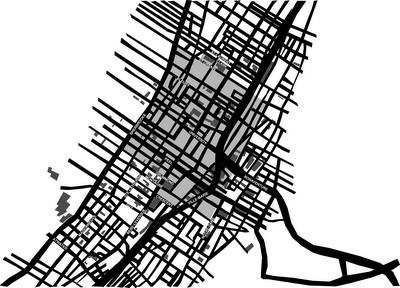
Labels: "art", analysis, highways, media, montreal, urbanism


Labels: "art", clever ideas, design, education, fun, media, organization, projects
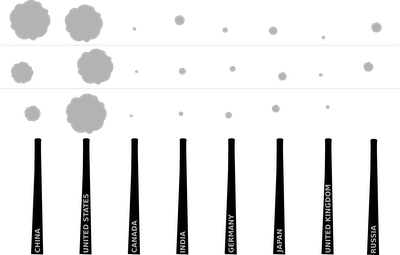
Labels: "art", media, not good enough
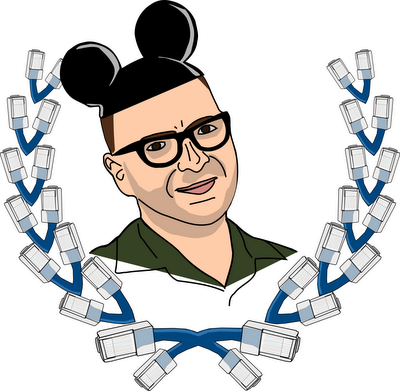
Labels: "art", awesome, copyright, future, government, internet, media, open source, surveillance
Labels: awesome, copyright, future, government, internet, media, open source, surveillance
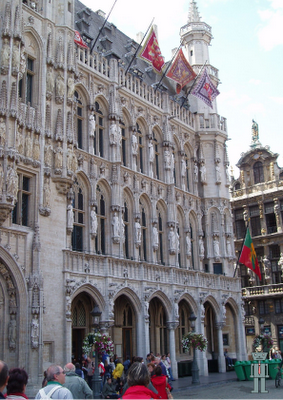
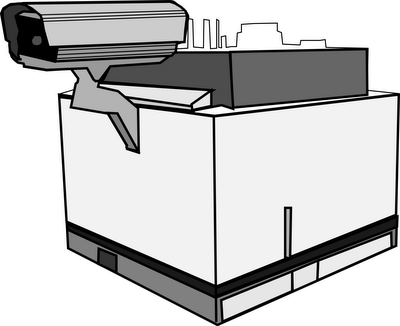
Labels: "art", education, media, montreal, surveillance, urbanism
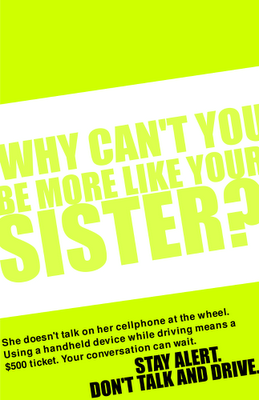
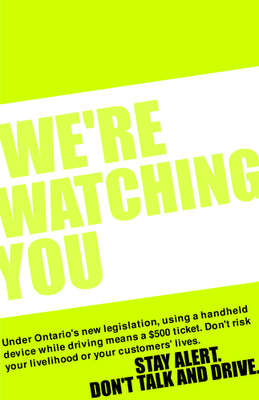
Labels: "art", education, government, highways, marketing, media, problems, stupid-smart, transit, urbanism
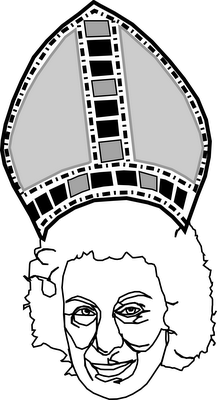
Labels: "art", creativity, media

Labels: clever ideas, education, media, not good enough, problems, romance novels, stupid-smart
Labels: "art", copyright, creativity, education, internet, lawbot, media, open source, projects
Labels: creativity, design, internet, media, not good enough, problems, usability
Labels: "art", copyright, education, internet, lawbot, media
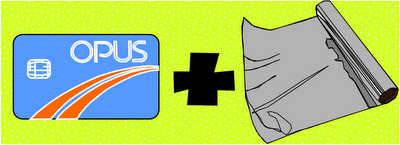
Labels: "art", education, media, montreal, not good enough, problems, transit, trouble

Labels: "art", fauna, government, media
Labels: anachronism, analysis, commerce, education, internet, marketing, media, not good enough, problems, solutions, usability
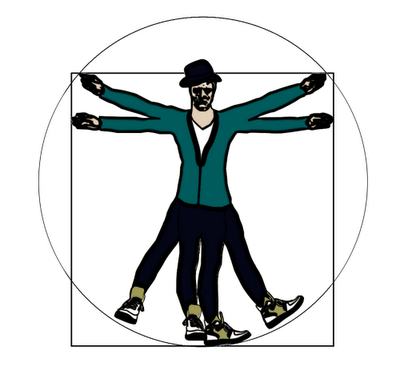
Labels: "art", media, not good enough
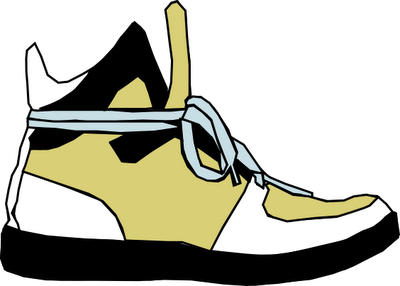
Labels: "art", footnote, fun, funny, media, reasonably clever ideas
Labels: analysis, language, media, romance novels, tv
Labels: cabin fever, design, house hack, language, media, projects, recycling, romance novels, solutions
Labels: awesome, clever ideas, food, house hack, media, projects, recycling
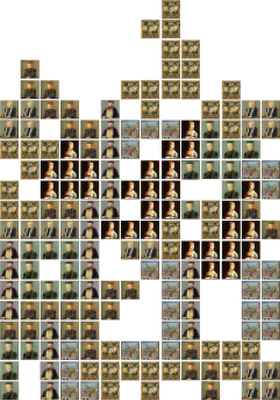
Labels: "art", anachronism, media
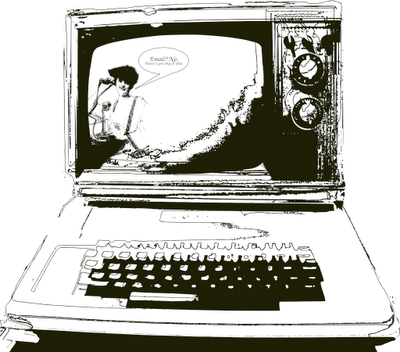
Labels: "art", anachronism, awesome, media
Labels: anachronism, analysis, creativity, education, internet, language, media, problems
Labels: funny, internet, language, media, reasonably clever ideas, stupid-smart, whiteboard
Labels: analysis, clever ideas, footnote, funny, media, problems, stupid-smart, trouble
 I think this one looks far more dynamic.
I think this one looks far more dynamic.Labels: awesome, clever ideas, creativity, design, education, internet, marketing, media, oci, perfection, projects
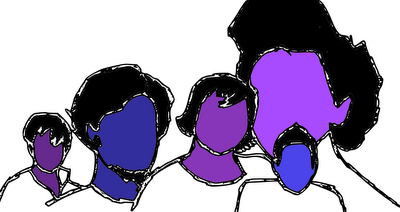
Labels: "art", design, media, projects, whiteboard
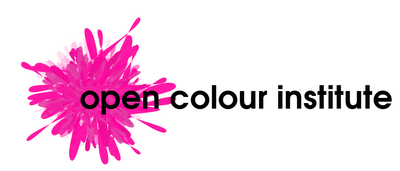
Labels: awesome, clever ideas, creativity, design, internet, marketing, media, oci, organization, projects
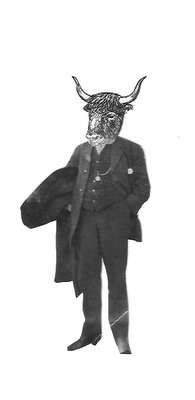
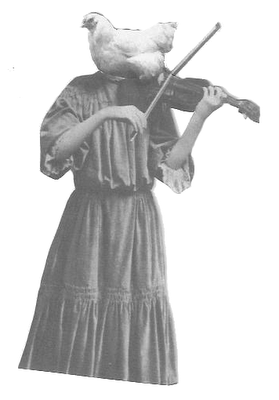
Labels: "art", awesome, cinderella, design, language, media, poetry, projects
Labels: analysis, education, internet, language, lazy, media, problems, solutions
Labels: awesome, clever ideas, commerce, creativity, fun, internet, language, lazy, media, organization, reasonably clever ideas, stupid-smart, zines
Labels: clever ideas, education, food, lazy, marketing, media, problems, projects, solutions
Labels: awesome, clever ideas, design, media, problems, solutions, usability
 This has to be the most fun email I've gotten in a while. While it's also edifying that I'm among the hundreds of people being followed by the Liberals, NDP, and Greens, it just kind of tickles me to see these words pop up in my email. Gee golly! Now the Prime Minister will know what I'm eating, how my plants are doing, and when I have a new blog post up. Twitter really is a fantastic way for politicians to pretend to listen.
This has to be the most fun email I've gotten in a while. While it's also edifying that I'm among the hundreds of people being followed by the Liberals, NDP, and Greens, it just kind of tickles me to see these words pop up in my email. Gee golly! Now the Prime Minister will know what I'm eating, how my plants are doing, and when I have a new blog post up. Twitter really is a fantastic way for politicians to pretend to listen.Labels: funny, government, internet, marketing, media, twitter
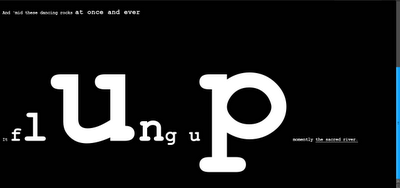
Labels: "art", anachronism, coleridge, copyright, design, education, internet, language, media, poetry, projects
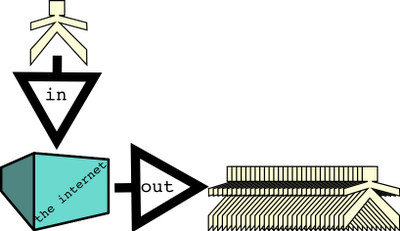
Labels: analysis, copyright, design, education, internet, media, problems, solutions, usability

Labels: clever ideas, commerce, design, media, organization, projects
Labels: "art", fun, funny, government, internet, lazy, media, poetry
Labels: "art", clever ideas, commerce, design, media, montreal, perfection, projects
Labels: analysis, clever ideas, design, education, fun, internet, marketing, media, perfection, projects, solutions, usability
Labels: design, media, projects, romance novels
Labels: footnote, funny, government, media, organization, solutions, tv
Labels: analysis, clever ideas, education, film, fun, media, projects
Labels: analysis, cbc, internet, marketing, media, organization, usability
Labels: analysis, clever ideas, film, internet, media, organization, problems, projects, tv
Labels: analysis, fun, internet, language, marketing, media, perfection, projects
Labels: analysis, commerce, internet, marketing, media, not good enough, problems, trouble
Labels: analysis, footnote, language, media, not good enough, problems
Labels: design, education, internet, media, projects, romance novels, solutions
Labels: government, internet, language, media

Labels: commerce, internet, media, not good enough, problems, projects, trouble
Labels: cabin fever, clever ideas, footnote, media, projects, romance novels
Labels: analysis, commerce, internet, media, not good enough, problems, trouble
Labels: analysis, clever ideas, copyright, internet, media, organization, problems, solutions, tv, usability
Labels: "art", clever ideas, design, government, media, problems, projects
Labels: analysis, clever ideas, footnote, internet, language, media
Labels: analysis, clever ideas, design, media, organization, projects
Labels: analysis, douglas coupland, media, tv
I tried to load my blogger dashboard, in order to write the previous two posts. No response, just the generic message from my modem, saying that it wasn't going to happen. Check the modem: no lights out. Check another site, internet working properly. “So,” I though to myself, “blogger must be down. I guess I'll have to write these the old fashioned way and upload later.” The strange thing, though, is that by “the old fashioned way,” I meant in a word processor. Which is to say, a word processor that is actually installed on my physical-right-here-in-front-of-me computer. When did that become the old fashioned way? I'm a little concerned that I might soon be an anachronism. More and more, our productivity apps are moving to the internet (just look at google docs). More and more, the app that people use most is their browser. Will I be hopelessly old fashioned with my word processor and my graphics clients and my email client? The smart money, I think, is on the answer to that question being “yes.”
Labels: anachronism, analysis, internet, media
Labels: clever ideas, design, media, problems, solutions
Labels: analysis, film, good enough, media, perfection, problems
Labels: analysis, media, problems, romance novels
I sat down in front of my TV last night to -amazingly enough- watch some TV. Most of the time, I use the TV for watching movies or playing games. I get most of my TV from the internet. The CBC normally gets my viewership by posting episodes on their website. This, I think, works better for everyone. What's so good about it? The CBC gets a more precise impression of where their viewers are coming from. When I pluck waves out of the air with an antenna, the CBC has no idea that I'm watching. On the other hand, when I click through to the jPod website, for example, it is quite clear that I'm watching. There's a useful corollary to that, too. CBC can more precisely tell their advertisers how many people are viewing, and who those people are. That's quite good. Clearly, the CBC benefits from me watching TV on the internet. What, then, do I gain? I gain flexibility and self determination. I gain the ability to watch shows when I want to, instead of when the CBC chooses to air them. That's useful if I'm not home when the show first airs. I'm much less likely to follow a show if I have to drop everything to watch it. The other major gain is that the show doesn't get interrupted by advertisements. I'd much rather view banner ads on the side or top of a website than ads in the middle of a show.
If TV on the internet is so good, why am I even framing this as a competition? TV is, at this point, still better than TV on the internet in some respects. For one, if I were to watch jPod on the CBC website, the resolution would be far worse than the TV version. Not only that, but the episode would stream, and streaming is inherently jumpy. Also, if I happened to be home on a Tuesday night, it would make far more sense to watch the broadcast, since episodes aren't uploaded until after the show has aired. Problematic. But not just problematic for the viewer. Even though the CBC benefits in many ways from making shows available on their website, there's still a major problem: the cost of bandwidth. Streaming a 45 minute long show takes bandwidth. Bandwidth costs money. They now pay not only to broadcast the show on TV, but also to stream it on demand on their website.
Some questions, then, about the good and bad of TV on the internet. Would I rather watch a low res, slightly jumpy version of a show, or have the story constantly interrupted by advertisements? Why, if the CBC is willing to make shows available online, do they not choose a better distribution method? Would it be so wrong to set up a CBC sanctioned torrent? Such a solution might cut bandwidth costs for the CBC, and it would certainly give viewers a better viewing experience. At the same time, would regular viewers be willing to spend time waiting for a show to download, in exchange for better picture quality? Do regular viewers even bother to watch TV on the internet?
If I value flexibility and self determination in my TV viewing, why did I sit down last night and watch TV on TV? Simply, I was home, I had nothing to do, I wanted something lazy to occupy my evening with. So I turned on the TV. I find, though, that the more committed I am to a show, the more I end up watching it on the internet. Broadcast TV, on the other hand, is admirably suited to casual viewing. Plus, commercial breaks are a great time to go and get a fresh cup of tea.
Labels: analysis, cbc, internet, media, problems, solutions, tv